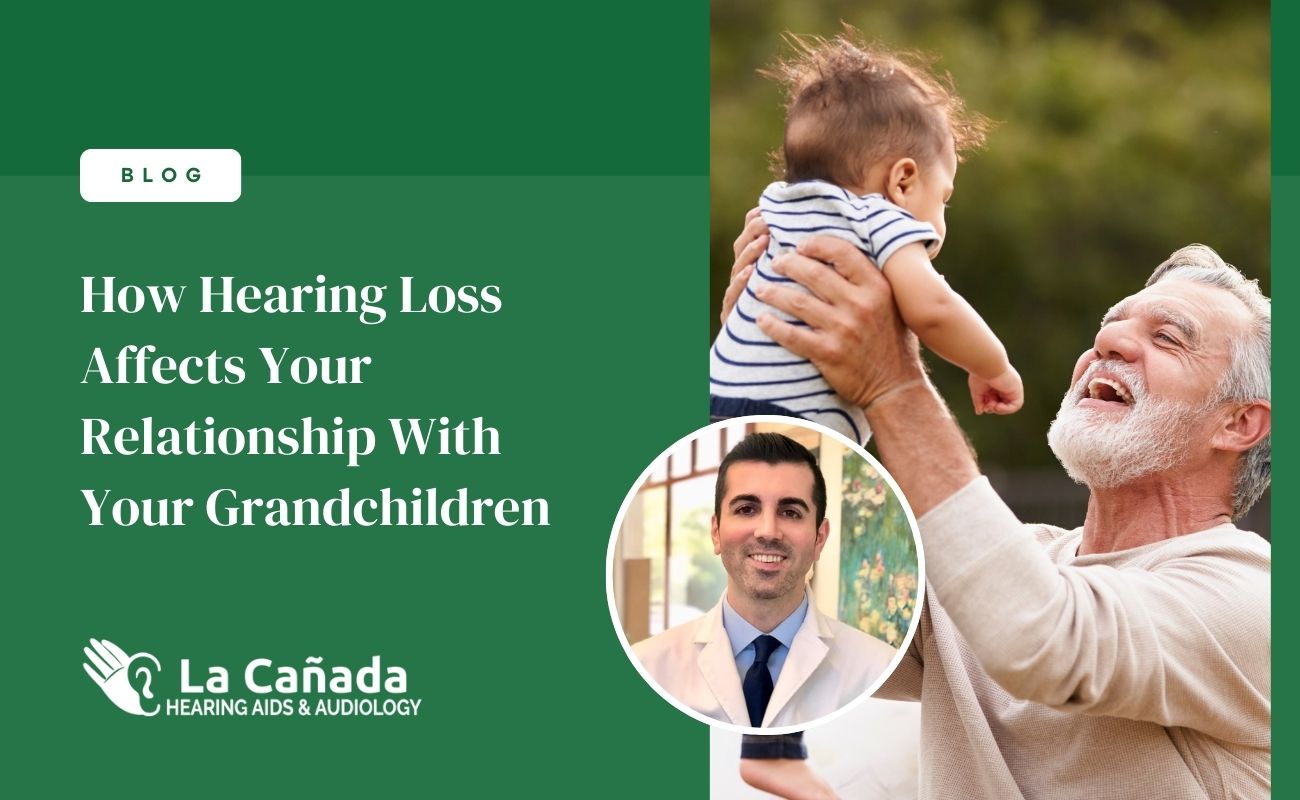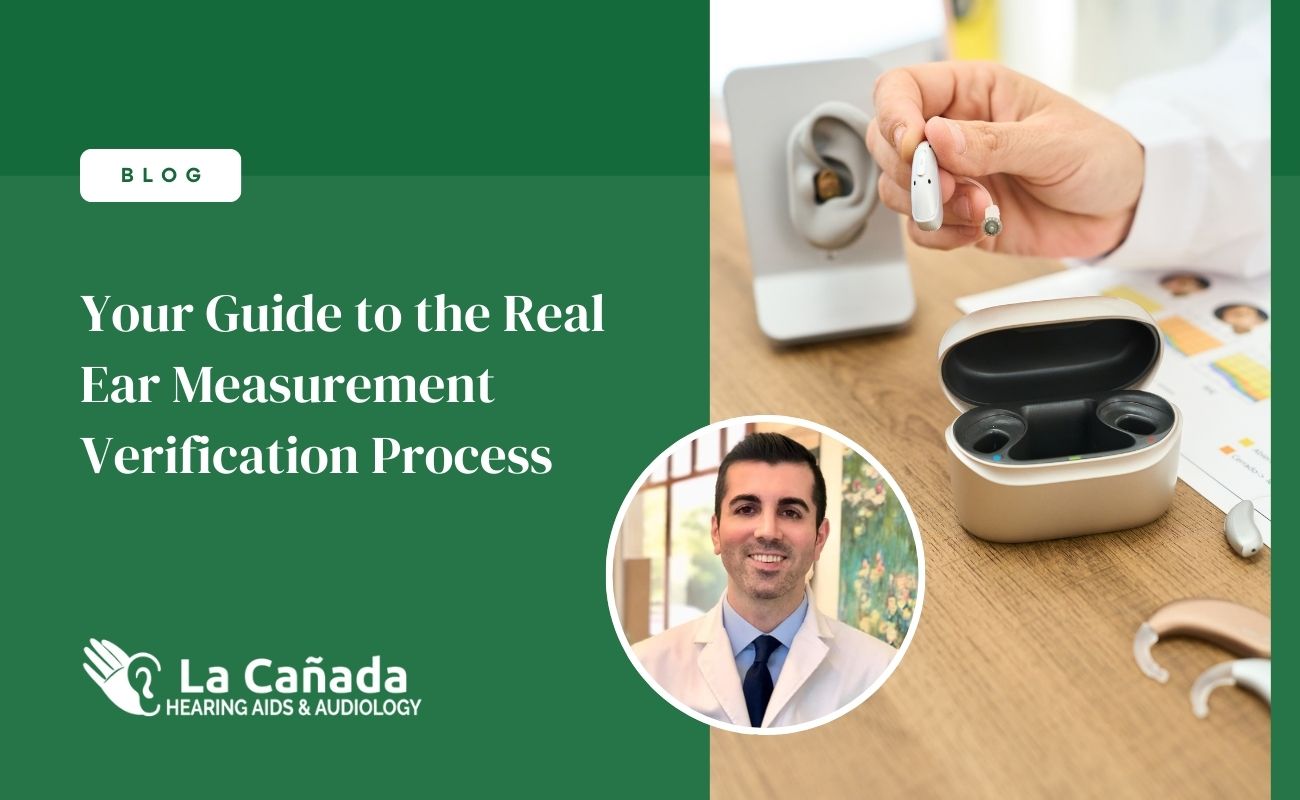Older Americans are facing a number of challenges, including health issues, finances and relationships. Some challenges, such as hearing loss, make it difficult for seniors to socialize. This can lead to additional difficulties, including dementia, isolation and depression. Treating your hearing loss will solidify your relationships and friendships, plus it will keep you from being socially isolated as you age.
Prevalence of Hearing Loss
According to the Johns Hopkins School of Medicine, as many as 20 percent of all Americans suffer from some degree of hearing loss. This equates to almost 50 million people. Other studies show that about one-third of seniors aged 65 to 74 have difficulty hearing, and that number jumps to 50 percent for seniors aged 75 and older. Unfortunately, as many as one-third of Americans suffering from hearing loss are not actively seeking treatment.
Benefits of Treating Hearing Loss
Benefits of treating hearing loss include social benefits, emotional benefits, cognitive benefits and financial benefits. Here is a brief discussion of each:
1. Social Benefits
One of the more obvious benefits of treating hearing loss is improved communication. This is because of the difficulty in communicating with another person when you cannot clearly hear and understand what that person is saying. Even if you go to great lengths to avoid misunderstandings, the amount of effort required can take a toll on conversation quality.
Treating your hearing loss will also help you to stay in touch with your loved ones. Simple things, like talking to your loved ones on the phone, will be much easier and more pleasant. Additionally, treating your hearing loss will solidify your relationships and friendships, plus it will keep you from being socially isolated as you age.
2. Emotional Benefits
According to a recent study, you are twice as likely to suffer from depression if you have a hearing loss. You are also more likely to suffer from anxiety or a stress-related illness. One reason for this is the reduced quality of communication as discussed above. If you are unable to communicate clearly, it is more likely that you will feel isolated.
In addition to a lack of social interaction, a person with a hearing loss may also suffer a lack of family connection as well as a drop in workplace productivity, especially in noisy areas. It stands to reason, then, that you will be able to reduce your risk of anxiety and depression if you treat your hearing loss and do not isolate yourself.
3. Cognitive Benefits
The previously mentioned John Hopkins study showed a relationship between hearing loss and cognitive decline. This means that you are more likely to suffer from dementia if your hearing is impaired. This is a relatively new finding as it was previously thought that there was no connection between hearing loss and cognitive decline.
Experts now believe that you may be able to reduce your risk of developing dementia if you correct your hearing. One reason for this could be that your brain has to work overtime to compensate for your lack of hearing. It is also likely that correcting your hearing loss will lead to a noticeable improvement in several aspects of your life, including your relations with family members, your self-confidence and your sex life.
4. Financial Benefits
People who suffer with hearing loss typically earn less than those who have had their hearing treated. Reasons for this include the fact that most jobs require effective verbal communications. Even if you are able to communicate effectively, others may have reservations about your ability to do the job. It may also be harder for you to interact with the public if you have a hearing problem.
Additionally, a person with a loss of hearing may be suffering from a lack of self-esteem and may not be as aggressive in applying for higher-paying jobs. They may also not score as well on employment applications because their handicap prevented them from getting a quality education.
Most people know how important exercise is to a person’s physical and mental wellbeing. However, recent studies have shown that being social is just as important. If you allow yourself to become socially isolated, you are putting yourself at risk for such problems as depression, stress and dementia. Because of this, you should have your hearing checked and work toward improving it if necessary.


.webp)





